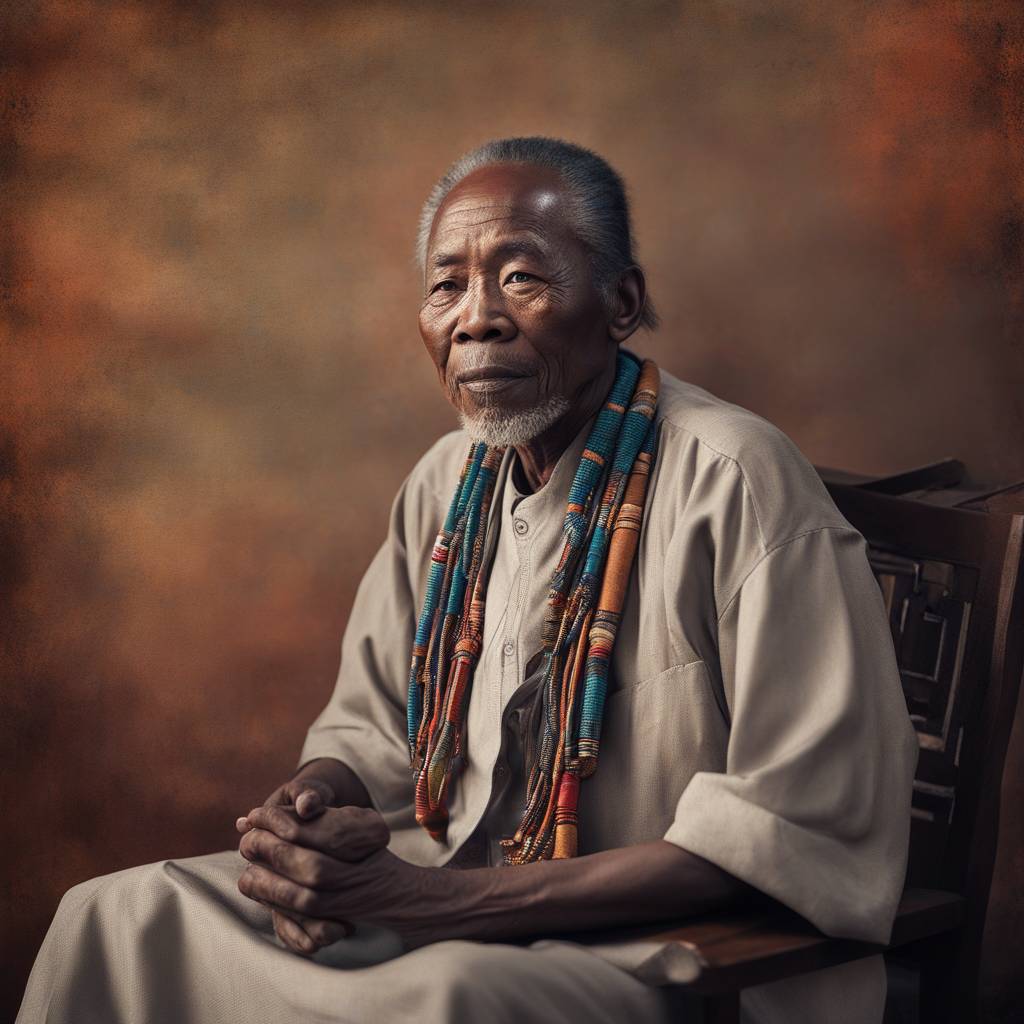Mukoma wa Ngugi, the son of the revered African writer Ngugi wa Thiong’o, took to social media to reveal that his father physically abused his mother. This revelation sparked a debate on patriarchy and domestic violence in African societies. While some commended Mukoma for his honesty, others criticized him for tarnishing his father’s reputation.
Ngugi wa Thiong’o is celebrated for his literary accomplishments and his activism against colonialism and political oppression. However, Mukoma’s allegations of domestic violence raised questions about the author’s personal life. It highlighted the pervasive issue of gender-based violence in African communities and the challenges faced by women in patriarchal societies.
Despite his contributions to African literature and political activism, Ngugi was accused of failing to protect his own family from the effects of toxic masculinity. Mukoma’s disclosures shed light on the dark side of a revered figure and the complexities of addressing domestic violence in the context of cultural traditions and norms.
The prevalence of gender-based violence in African societies is a pressing concern that requires collective action. Mukoma’s revelations about his father’s abusive behavior serve as a reminder of the need to address toxic masculinity and challenge harmful patriarchal norms. It is crucial to prioritize the safety and well-being of women and promote gender equality in all aspects of society.
Ngugi’s alleged actions underscore the urgency of addressing gender-based violence in Africa. The ongoing protests against femicide and violence against women in Kenya illustrate the gravity of the situation. It is essential to confront harmful cultural practices and norms that perpetuate violence against women and girls, and to hold individuals, regardless of their status, accountable for their actions.
As an influential figure in African literature and activism, Ngugi has the opportunity to acknowledge his shortcomings, apologize for his alleged behavior, and advocate for gender equality and women’s rights. This can serve as a catalyst for change and encourage greater awareness of the need to challenge patriarchal norms and promote a culture of respect and equality for all individuals.
In conclusion, Mukoma’s revelations about his father’s abusive behavior have sparked important conversations about patriarchy, domestic violence, and gender equality in African societies. It is essential to address these issues openly and honestly, and to work towards creating a society where all individuals are treated with dignity and respect. Ngugi wa Thiong’o’s legacy, both as a literary giant and a social activist, should include a commitment to challenging harmful cultural practices and promoting gender equality.













